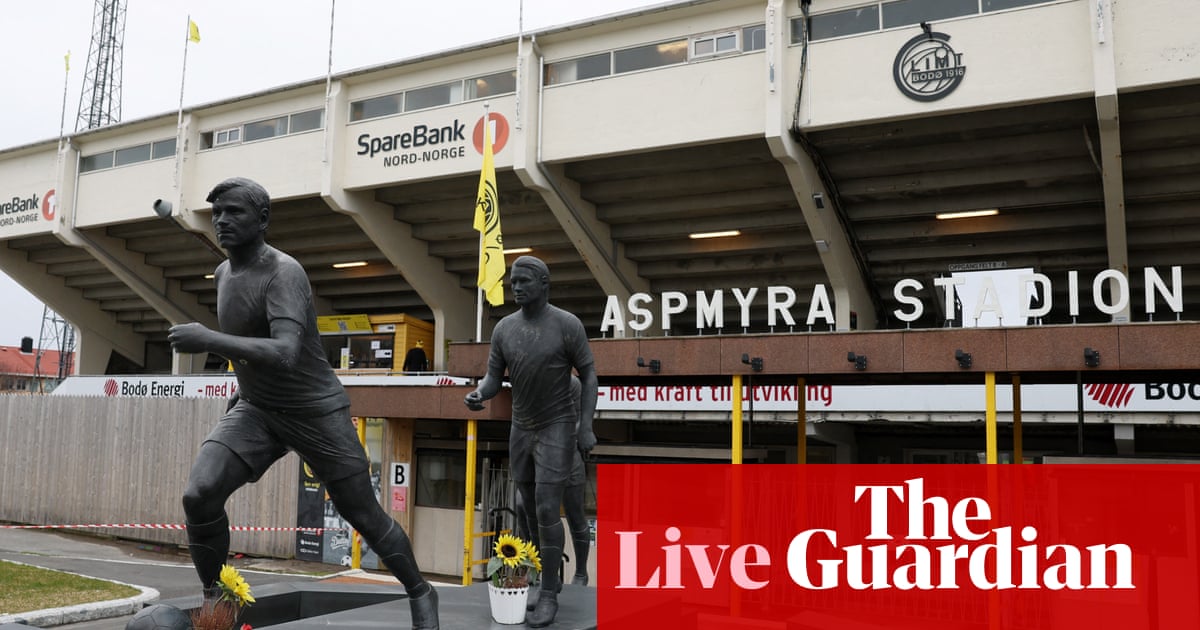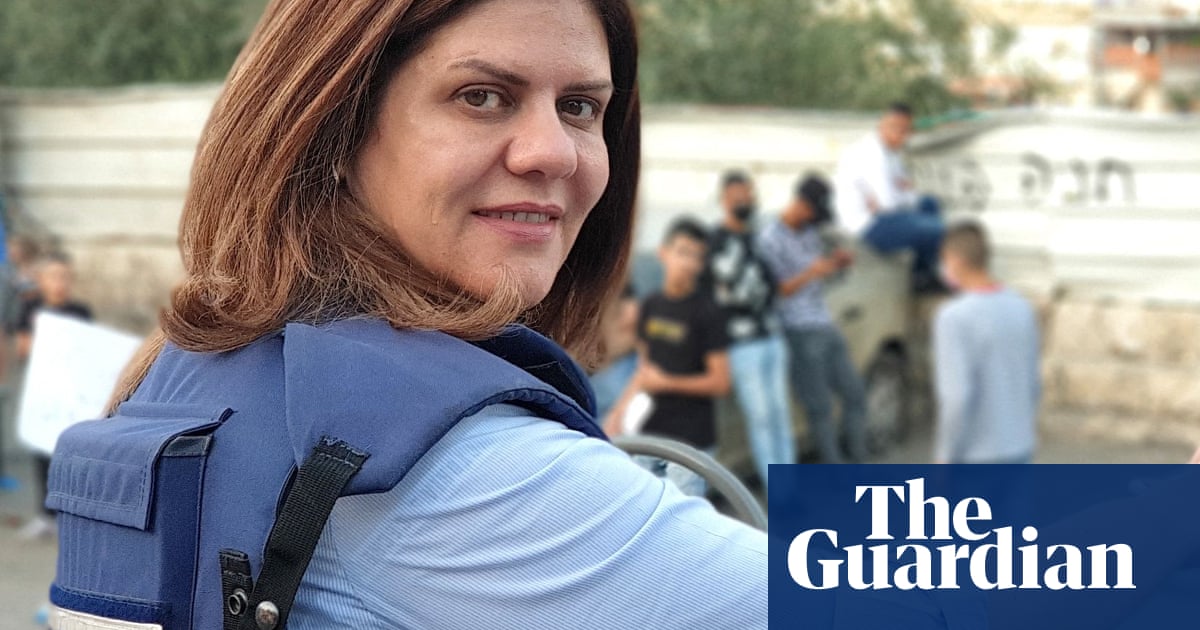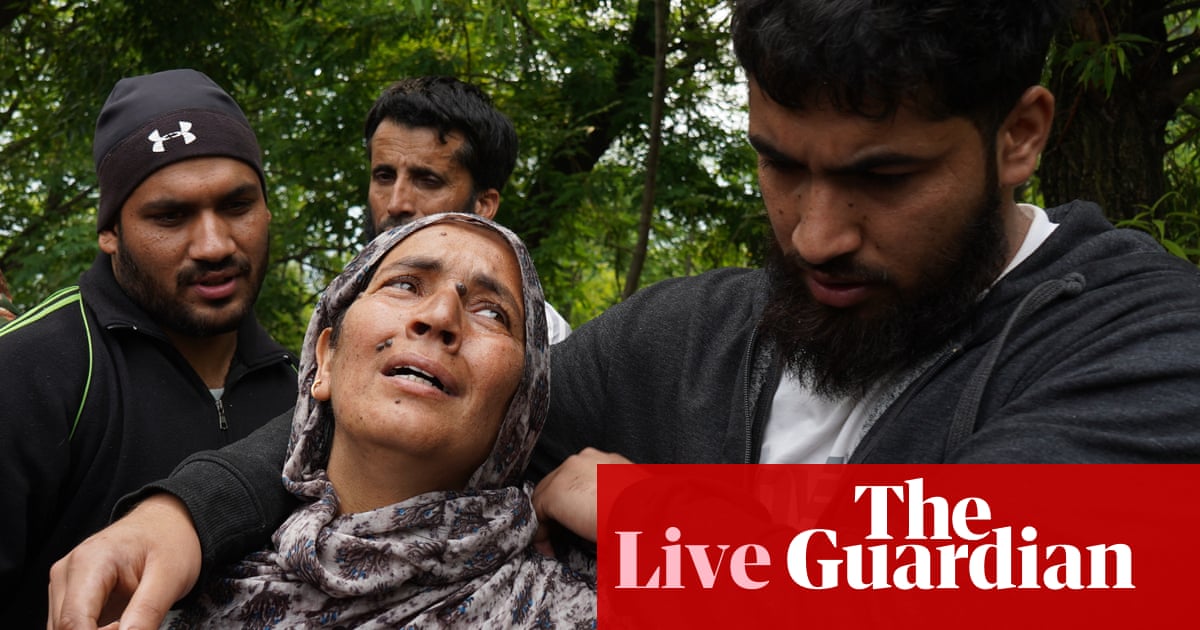As Nicola Packer lay down in shock having just delivered a foetus at home, she had no idea that her life was about to be torn apart. She had suffered a rare complication in her abortion treatment, but what followed would be far more traumatic and unexpected. Every agency she needed turned against her, treating her not as a victim but as a criminal. Compassion was replaced by cruelty.
NHS staff come to work because they want to care, and Packer did find most staff at Chelsea and Westminster hospital in London “amazing”. What she didn’t know is that after the matter was passed up the chain of seniority, the police were alerted.
Charing Cross police station took the call seriously: it dispatched uniformed officers who promptly arrested Packer, guarded her overnight as she recovered from surgery, then kept her in police cells for another two days.
Over the next four years, the police pursued the case with notable zeal, examining multiple witness statements, undertaking detailed analysis of Packer’s confiscated electronic devices and work computer, organising detailed forensics tests for more than 200 drugs, and commissioning a postmortem on the foetus that involved several specialists; multiple tissue samples and a number of organs were retained.
Had it not been a time of Covid-19 lockdown and had Packer had a scan, it seems reasonably likely that this would have shown a pregnancy of less than 24 weeks, meaning she could have had a legal, uneventful abortion. It is a mystery why the police and Crown Prosecution Service felt that pursuing her for nearly five years was in the public interest, especially after the court of appeal stated that even those found guilty should be treated with “compassion not punishment”.
The problem is not with callous organisations or individuals, it is that our laws directed and encouraged those actions. It is perhaps not surprising that the law promotes persecution over compassion. Its origin can be traced back to 1623, an era when women were still tried for witchcraft and more than 100 years before the last woman was burned alive at the stake.
In the past few months, other women have been targeted under this ancient law after a suspected abortion – one for buying pills to induce an illegal abortion, which she denied were used and were never proved to have been used.
Packer’s trial highlighted a vindictive and brutal process which weaponised victim-shaming. A system that forces teenagers and women to reveal their most intimate details and then relive their worst trauma in the full glare of the court – in Packer’s case, Isleworth crown court in west London – guarantees that their humiliation and shaming will be very public. Perhaps, for many people that’s the whole point?
In some ways, she has been less unfortunate than others, including some who were investigated after suffering a natural miscarriage or premature labour. She didn’t have her children removed, she has not had to install panic alarms after receiving death threats, she did not lose her job or home, she has not been sent straight to prison. She had people who sought to help and advise her – I was one of them.
In January, recognising the harm that the law is causing, more than 30 organisations, including six medical royal colleges, called on parliament to act urgently to protect women’s reproductive rights, warning that “women and girls are facing traumatic and prolonged criminal investigations following pregnancy loss and abortion in numbers never seen before”.
Tonia Antoniazzi, the Labour MP for Gower, is leading a cross-party group to champion the urgent need for reform. They hope to finally remove the threat of prosecution against women who act in relation to their own pregnancy. Change is urgently needed. Two months ago, Antoniazzi told the Commons: “The women caught up in this law are highly vulnerable and often desperate, yet they are subject to the same laws that also apply to violent partners who use physical abuse, coercion or poisoning to end a pregnancy without consent.” She reminded her fellow MPs that Westminster actually voted to repeal the laws criminalising women in Northern Ireland in 2019, but still they pertain to England and Wales. “There should be parity in the law across the UK so that my constituents have the same rights as my colleagues’ constituents in Northern Ireland,” she said.
It may be too late for Nicola Packer and others, but the law must change so that women and girls in Great Britain can indeed expect the same rights as in Northern Ireland, Ireland, Canada, France, Australia and New Zealand. This cruelty must be highlighted and it must be stopped. We can but hope that Nicola Packer’s ordeal brings that day closer.
-
Jonathan Lord is an NHS consultant gynaecologist and co-chair of the Royal College of Obstetricians and Gynaecologists abortion taskforce
-
Do you have an opinion on the issues raised in this article? If you would like to submit a response of up to 300 words by email to be considered for publication in our letters section, please click here.

 3 hours ago
6
3 hours ago
6













































